New Paper Demonstrates Quality of eDNA Monitoring for Conservation
Groundbreaking research has the potential to transform the way we monitor invasive species on islands!
Our 2024 Impact Report is live!
Published on
January 25, 2023
Written by
Island Conservation
Photo credit
Island Conservation
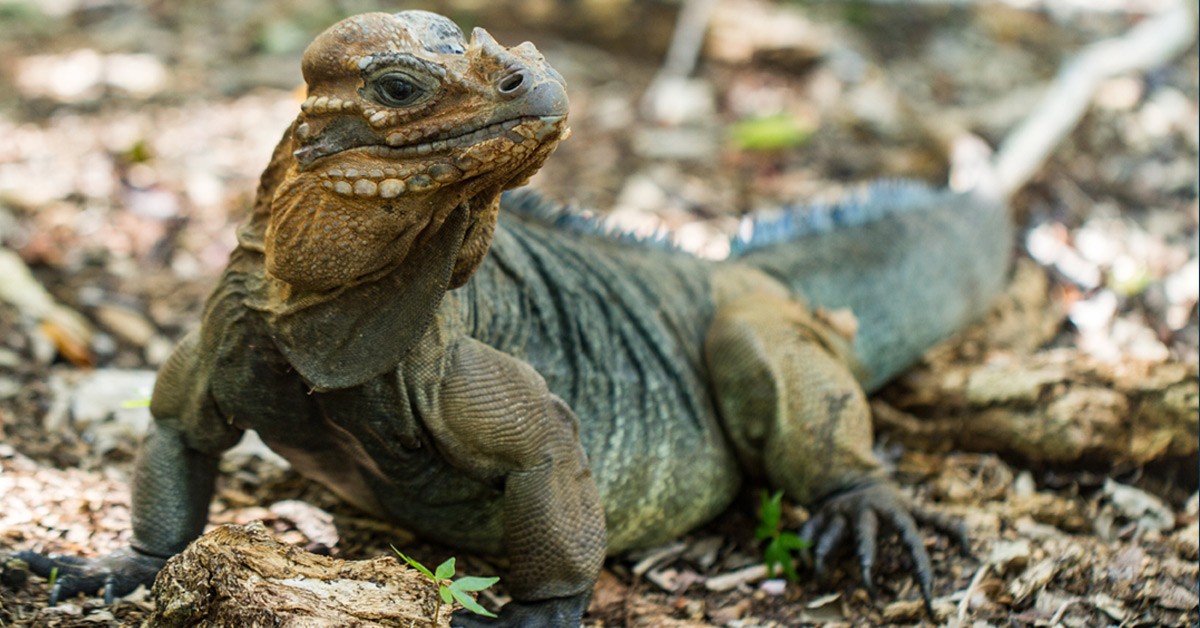
The Mona Iguana (Cyclura stejnegeri) is a Critically Endangered species of lizard found only on Mona Island, Puerto Rico. It is a large, ground-dwelling lizard that grows up to three feet in length and can live up to 40 years. This reptile is gray in color with dark mottling and a yellowish-orange tail. It feeds primarily on fruit, flowers, leaves, and other vegetation, and also feeds on insects, spiders, and snails. The Mona Iguana is an important species for the island’s ecosystem, providing food for other animals and helping to disperse seeds.
Unfortunately, due to the impacts of invasive species including mice, rats, and feral pigs, the population of the Mona Iguana has been greatly reduced. Invasive species have significantly decimated the nesting ground for the Mona Iguana, and other native species, by altering the nesting habitat and predating on eggs and juveniles.
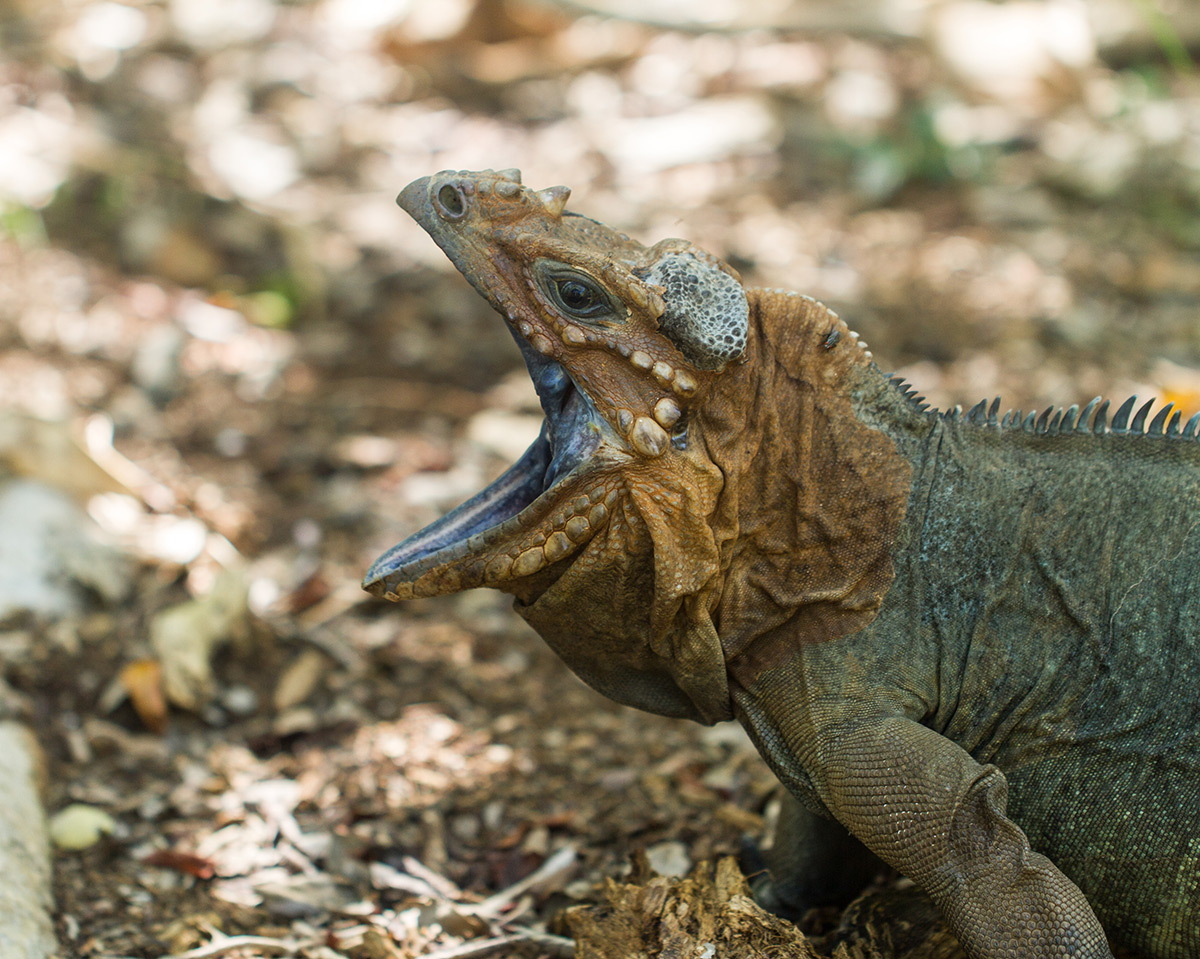
Invasive species can be removed from islands, allowing wildlife the opportunity to recover and once again thrive. Removing invasive species from islands has repeatedly proven to a one of the highest conservation impacts we can have. This one-time action protects restores and protects native plants and animals, creating ecosystem resilience to climate change and benefiting nearby marine environments and communities.
Check out other journal entries we think you might be interested in.
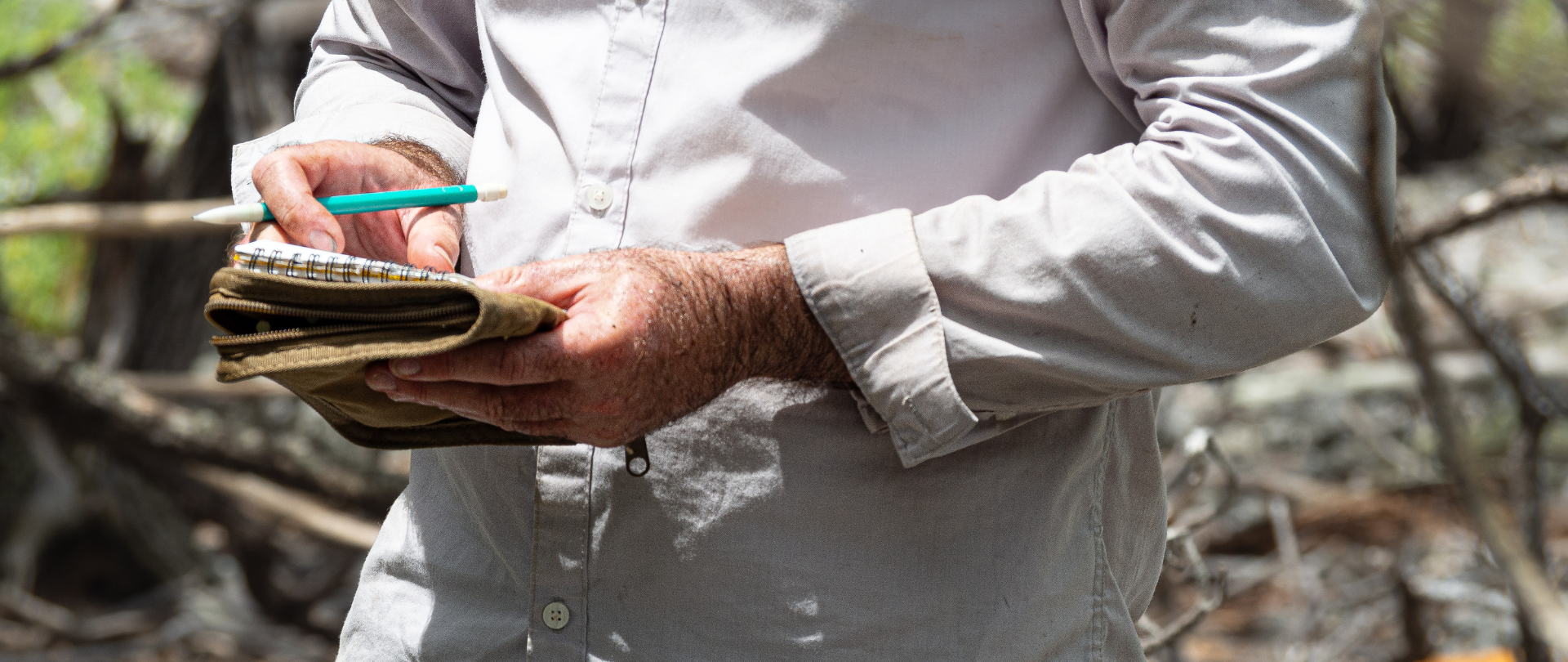
Groundbreaking research has the potential to transform the way we monitor invasive species on islands!

This historic agreement aims to protect the marine and coastal areas of the Southeast Pacific.

Our projects to restore key islets in Nukufetau Atoll forecast climate resilience and community benefits in Tuvalu!
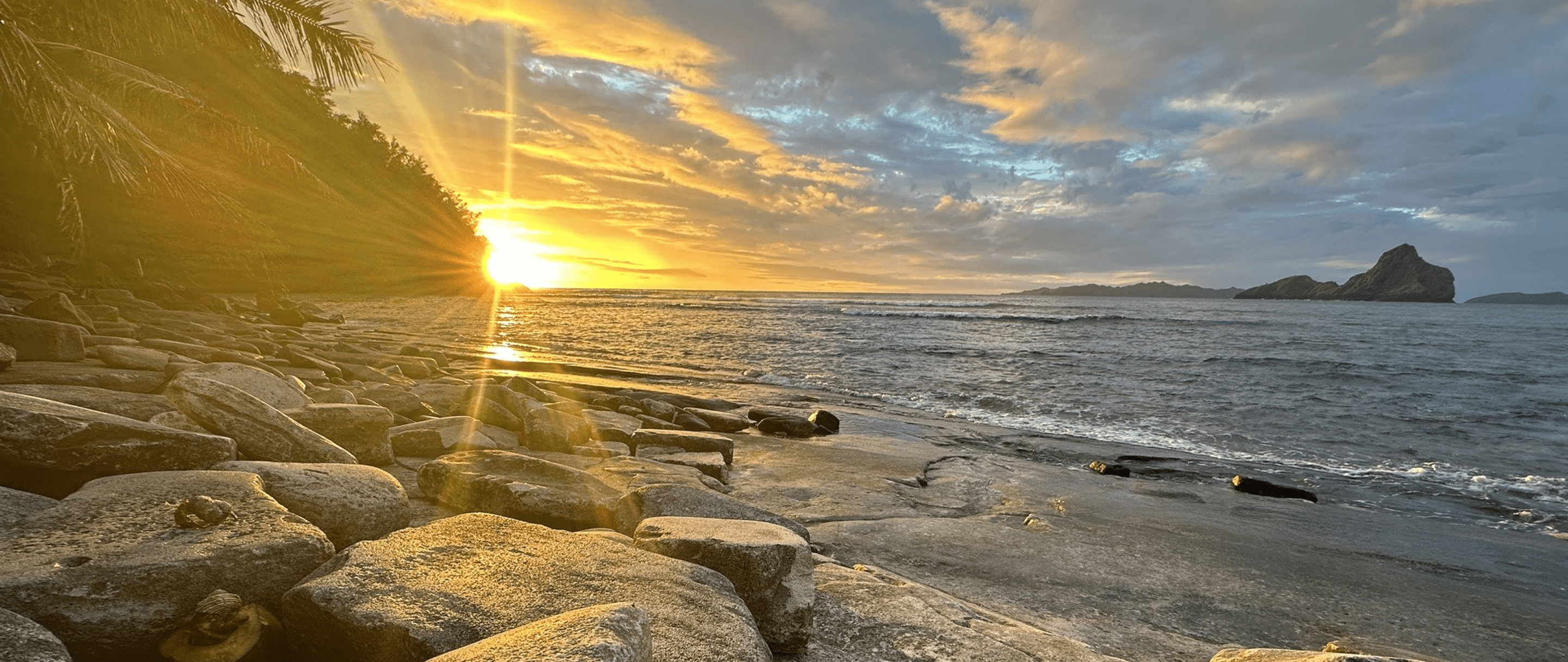
Endangered Polynesian storm-petrels returning to Kamaka Island, French Polynesia within one month of social attraction tools being deployed. Polynesian storm-petrels have not been recorded on Kamaka Island for over 100 years due to invasive rats. These seabirds are able…

Our new branding and website support our vision of a world filled with vibrant biodiversity, resilient oceans, and thriving island communities!
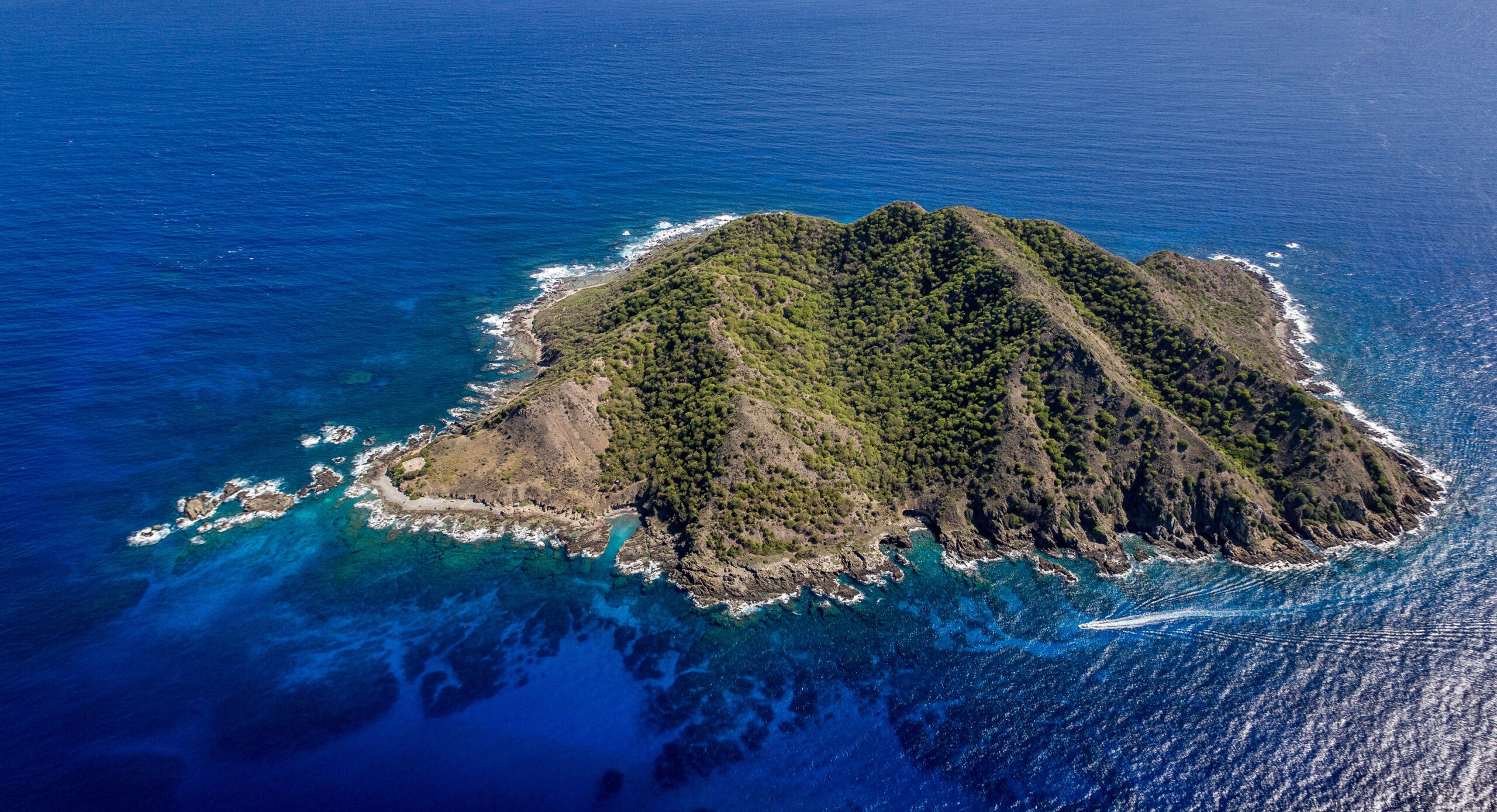
Audubon's Shearwaters are nesting on Desecheo Island for the first time ever! Read about how we used social attraction to bring them home.

Island Conservation and partners have published a new paper quantifying ecosystem resilience on restored islands!

Climate Week NYC: what is it and why is it important? Read on to find out why Island Conservation is attending this amazing event!

With sea levels on the rise, how are the coastlines of islands transforming? Read on to find out how dynamic islands really are!
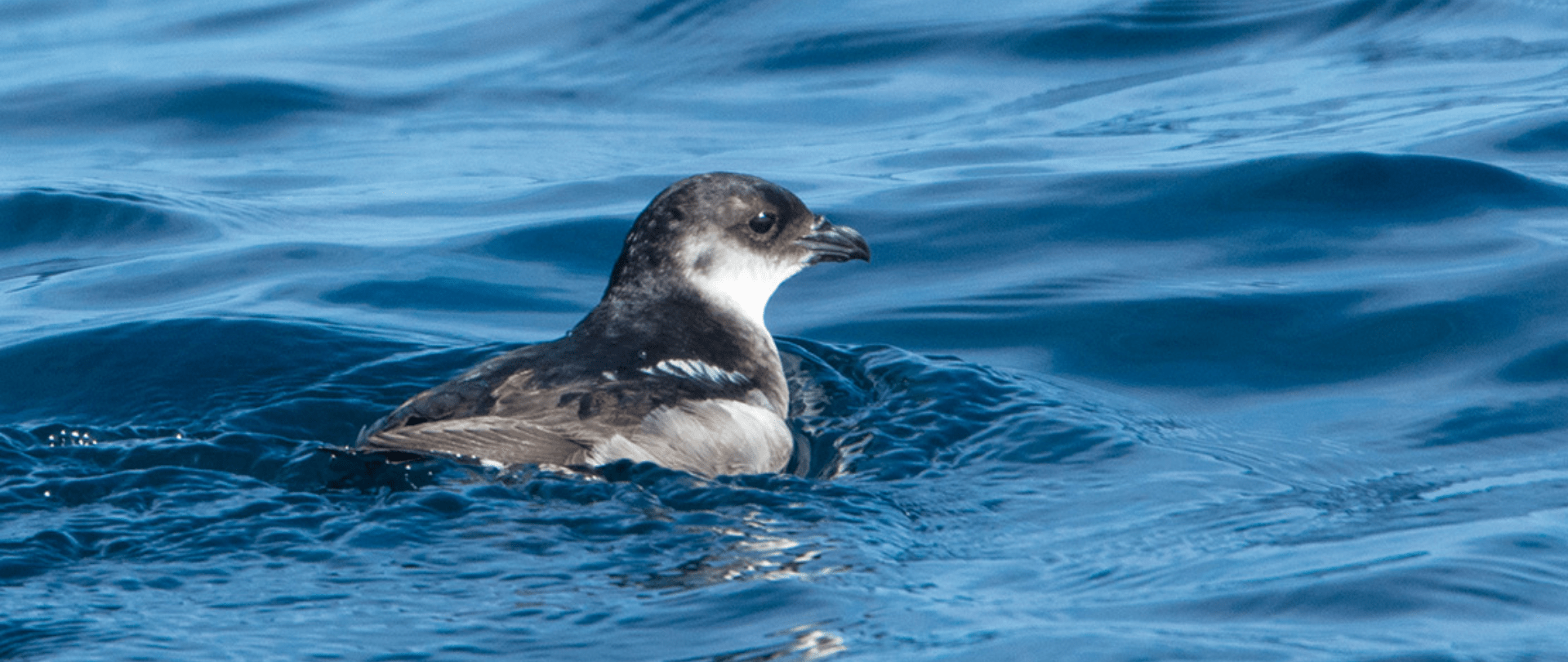
After decades of absence, rare Peruvian Diving-Petrels have returned to nest on Pajaros Uno island, recently free from invasive predators!